Informationen zum Buch
Home » Publications » Tyranny of the Majority?
Tyranny of the Majority?
Implications of Direct Democracy for Oppressed Groups in Europe
Erscheinungsdatum : 29.04.2024
26,99 € - 29,90 €
Beschreibung
Does direct democracy result in a Tyranny of the Majority for Oppressed Groups? This first analysis of over 500 referenda shows that on the contrary, Oppressed Groups were often able to benefit from direct democracy. However, the interests of LGBTQ+ groups, groups of low socioeconomic status, and foreign nationals are under pressure. To protect them, the book develops ways to design direct democratic votes that support Oppressed Groups.
Increased political influence of citizens through direct democratic votes – that does sound promising in times of growing political dissatisfaction and support for extremist parties. Yet, what does direct democracy with its majoritarian decision-making imply for Oppressed Groups? Previous research offered a mixed picture. Therefore, this book for the first time analyses all national-level direct democratic votes in Europe over 25 years. To arrive at an encompassing and differentiated overview, the author uses the concept of Oppressed Groups by Iris M. Young instead of the term minorities, which is often applied but only vaguely specified in research on direct democracy. The results show that Oppressed Groups were often able to actually benefit from direct democracy. Bills supporting their interests more often came to a vote than those disadvantaging them, and supporting bills also were more likely to be adopted at the ballot than their disadvantaging counterparts. However, this does not hold for a majority of bills affecting members of the LGBTQ+ community, groups of low socioeconomic status, and people without the citizenship of the country they live in. Based on further empirical analyses, the book as a result develops suggestions about how to design direct democratic votes to empower Oppressed Groups. Quite surprisingly, binding vote results and the absence of voting thresholds promote the success of bills supporting Oppressed Groups while at the same time lower the likelihood of success for damaging bills. The book also stresses the role of resources and attitudes in these votes and the necessity to support groups at a disadvantage in these regards. In doing so, the book addresses a long-lasting research gap and contributes to the academic as well as to the political debate on direct democracy.
Table of contents + reading sample
The author:
Anna Krämling earned her PhD at Goethe University Frankfurt and is now a public servant at the Hessian Ministry of Economic Affairs, Energy, Transportation and Rural Areas.
The subject:
Political science
Zusätzliche Informationen
| Publisher | |
|---|---|
| ISBN | 978-3-96665-084-7 |
| eISBN | 978-3-96665-913-0 |
| Format | 14,8 x 21 cm |
| Scope | 207 |
| Year of publication | 2024 |
| Date of publication | 29.04.2024 |
| Edition | 1. |
| Language | English |
1 Bewertung für Tyranny of the Majority?
Autor*innen
Beschreibung
Beschreibung
Does direct democracy result in a Tyranny of the Majority for Oppressed Groups? This first analysis of over 500 referenda shows that on the contrary, Oppressed Groups were often able to benefit from direct democracy. However, the interests of LGBTQ+ groups, groups of low socioeconomic status, and foreign nationals are under pressure. To protect them, the book develops ways to design direct democratic votes that support Oppressed Groups.
Increased political influence of citizens through direct democratic votes – that does sound promising in times of growing political dissatisfaction and support for extremist parties. Yet, what does direct democracy with its majoritarian decision-making imply for Oppressed Groups? Previous research offered a mixed picture. Therefore, this book for the first time analyses all national-level direct democratic votes in Europe over 25 years. To arrive at an encompassing and differentiated overview, the author uses the concept of Oppressed Groups by Iris M. Young instead of the term minorities, which is often applied but only vaguely specified in research on direct democracy. The results show that Oppressed Groups were often able to actually benefit from direct democracy. Bills supporting their interests more often came to a vote than those disadvantaging them, and supporting bills also were more likely to be adopted at the ballot than their disadvantaging counterparts. However, this does not hold for a majority of bills affecting members of the LGBTQ+ community, groups of low socioeconomic status, and people without the citizenship of the country they live in. Based on further empirical analyses, the book as a result develops suggestions about how to design direct democratic votes to empower Oppressed Groups. Quite surprisingly, binding vote results and the absence of voting thresholds promote the success of bills supporting Oppressed Groups while at the same time lower the likelihood of success for damaging bills. The book also stresses the role of resources and attitudes in these votes and the necessity to support groups at a disadvantage in these regards. In doing so, the book addresses a long-lasting research gap and contributes to the academic as well as to the political debate on direct democracy.
Table of contents + reading sample
The author:
Anna Krämling earned her PhD at Goethe University Frankfurt and is now a public servant at the Hessian Ministry of Economic Affairs, Energy, Transportation and Rural Areas.
The subject:
Political science
Bibliography
Zusätzliche Informationen
| Publisher | |
|---|---|
| ISBN | 978-3-96665-084-7 |
| eISBN | 978-3-96665-913-0 |
| Format | 14,8 x 21 cm |
| Scope | 207 |
| Year of publication | 2024 |
| Date of publication | 29.04.2024 |
| Edition | 1. |
| Language | English |
Produktsicherheit
Bewertungen (1)
1 Bewertung für Tyranny of the Majority?
-
Bewertet mit 4 von 5
Inessa Dobler –
Der Titel „Tyranny of the Majority? Implications of Direct Democracy for Oppressed Groups in Europe“ von Anna Krämling war für mich als Studentin der Politikwissenschaft sehr interessant zu lesen. Für mein Studium ist die Dissertation relevant, da sie ein in der Politikwissenschaft bekanntes Konzept quantitativ analysiert und somit Ergebnisse schafft, auf die im Laufe des Studiums zurückgegriffen werden kann. Die Dissertation bietet eine Analyse eines sonst sehr theoretischen Themas.
Besonders interessant war die Herausarbeitung davon, was genau die unterdrückten Gruppen unterstützt. Zudem hat mich besonders interessiert, wie die Ergebnisse in Bezug auf unterschiedliche Gruppen variiert haben.
Der Titel hat das Potenzial, über Studierende der Politikwissenschaft hinaus auch Menschen anzusprechen, die an Themen der Marginalisierung und „empowerment“ interessiert sind.


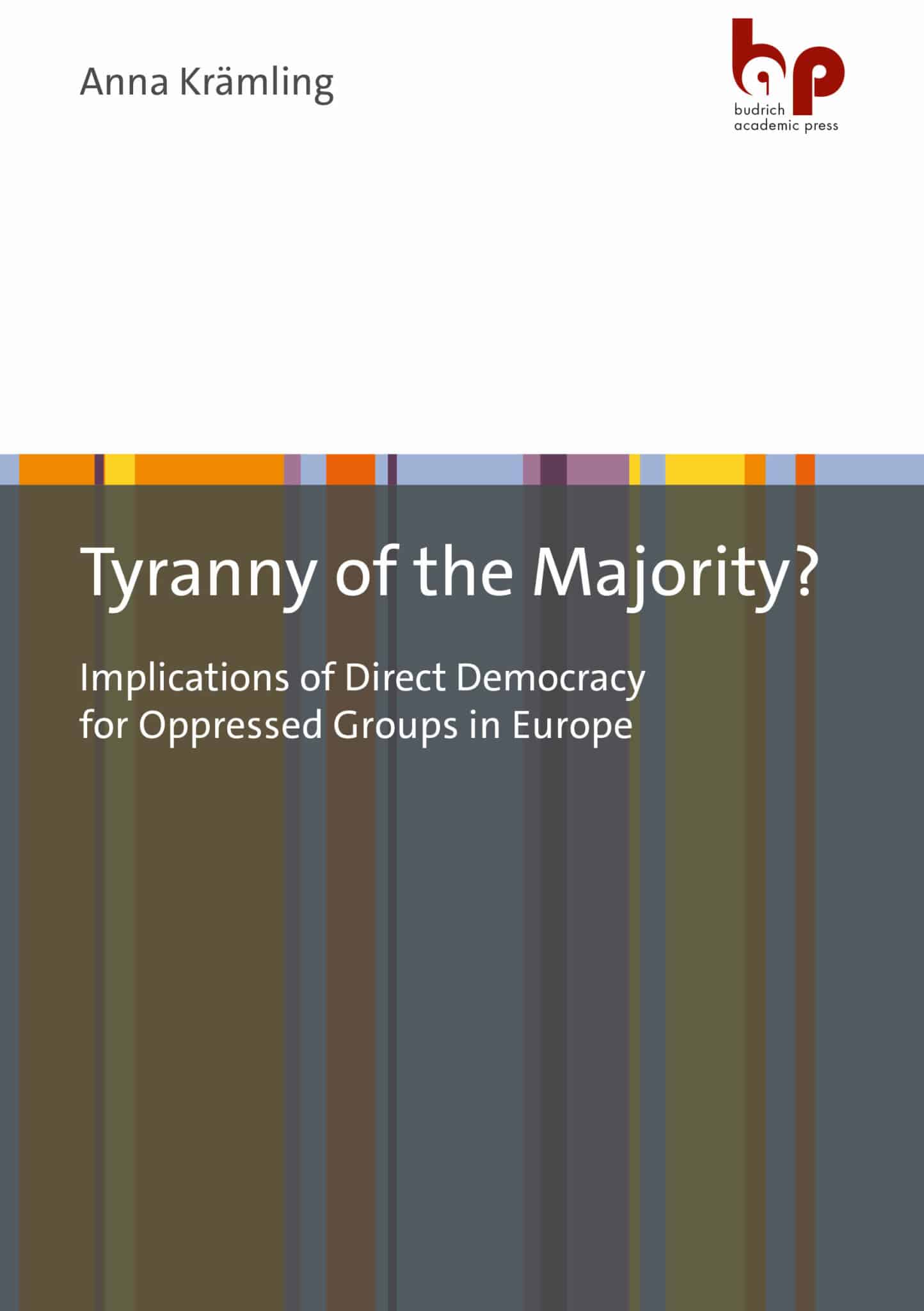

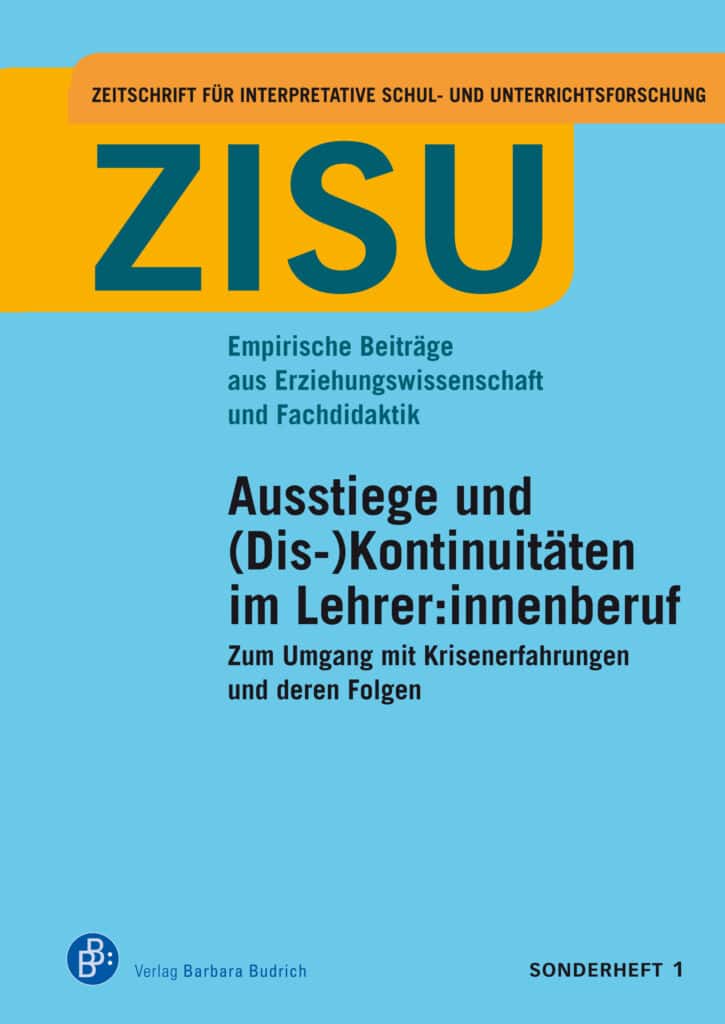
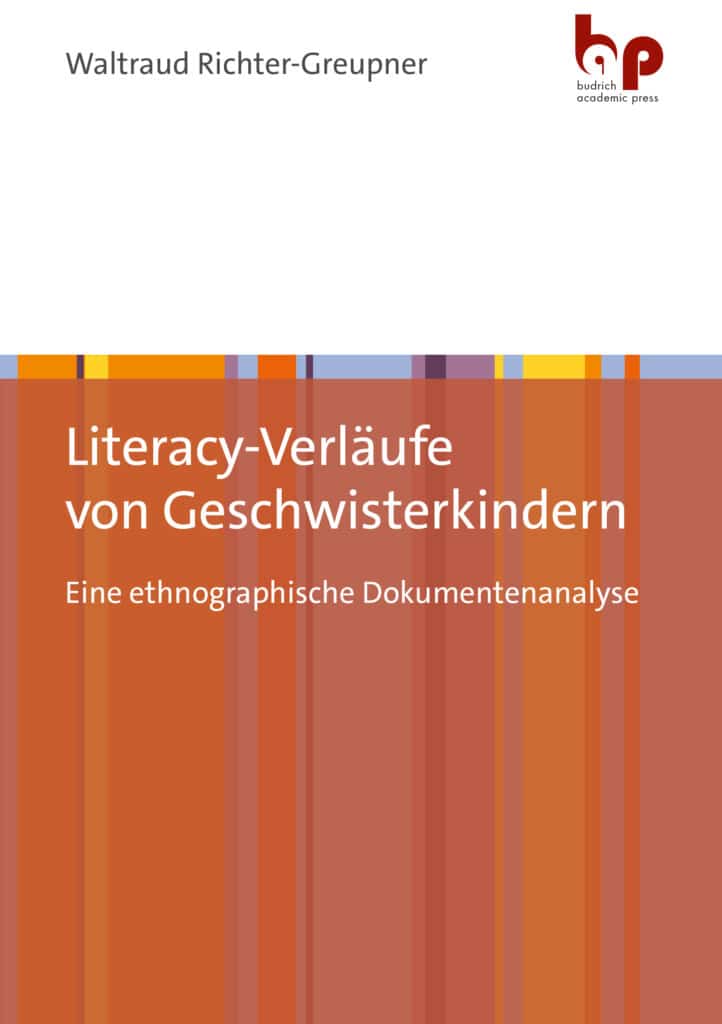
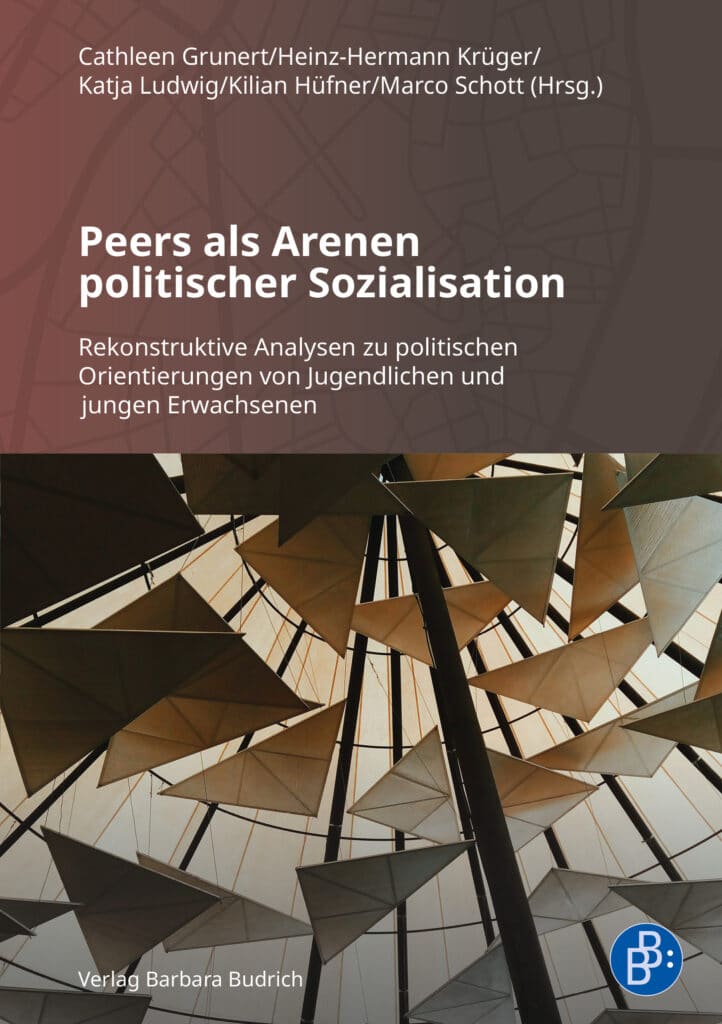
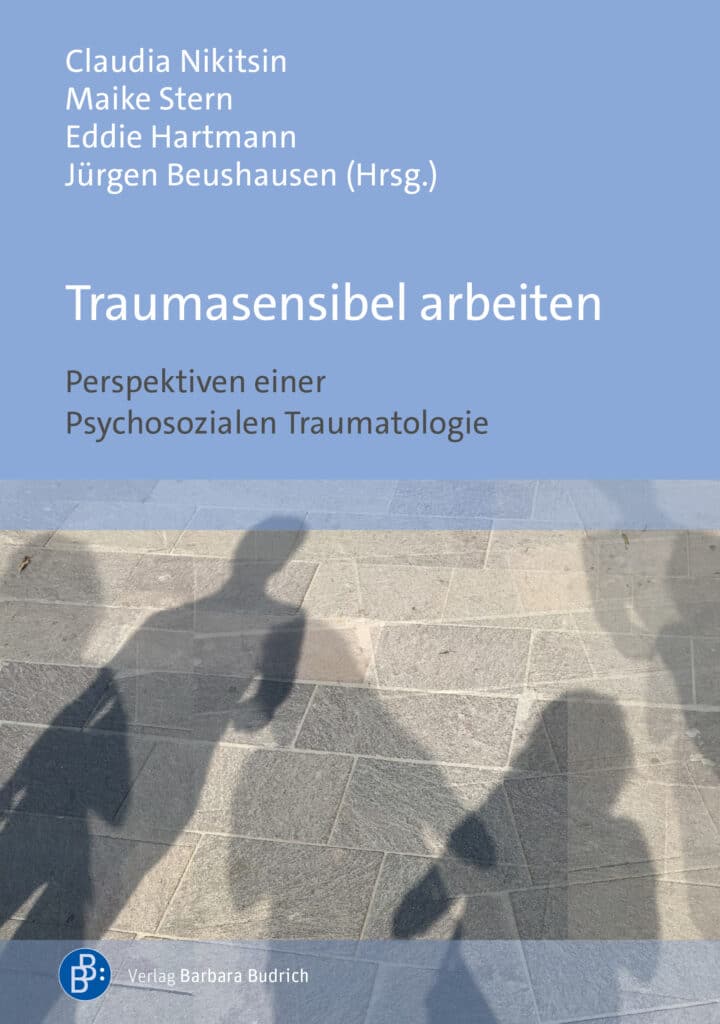
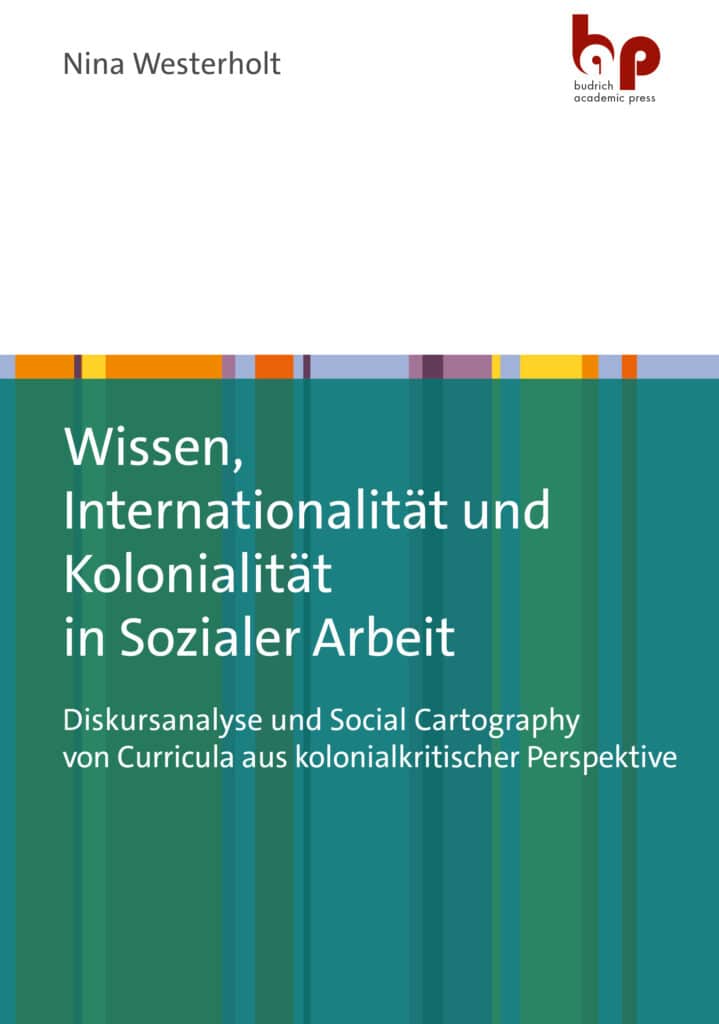
Inessa Dobler –
Der Titel „Tyranny of the Majority? Implications of Direct Democracy for Oppressed Groups in Europe“ von Anna Krämling war für mich als Studentin der Politikwissenschaft sehr interessant zu lesen. Für mein Studium ist die Dissertation relevant, da sie ein in der Politikwissenschaft bekanntes Konzept quantitativ analysiert und somit Ergebnisse schafft, auf die im Laufe des Studiums zurückgegriffen werden kann. Die Dissertation bietet eine Analyse eines sonst sehr theoretischen Themas.
Besonders interessant war die Herausarbeitung davon, was genau die unterdrückten Gruppen unterstützt. Zudem hat mich besonders interessiert, wie die Ergebnisse in Bezug auf unterschiedliche Gruppen variiert haben.
Der Titel hat das Potenzial, über Studierende der Politikwissenschaft hinaus auch Menschen anzusprechen, die an Themen der Marginalisierung und „empowerment“ interessiert sind.